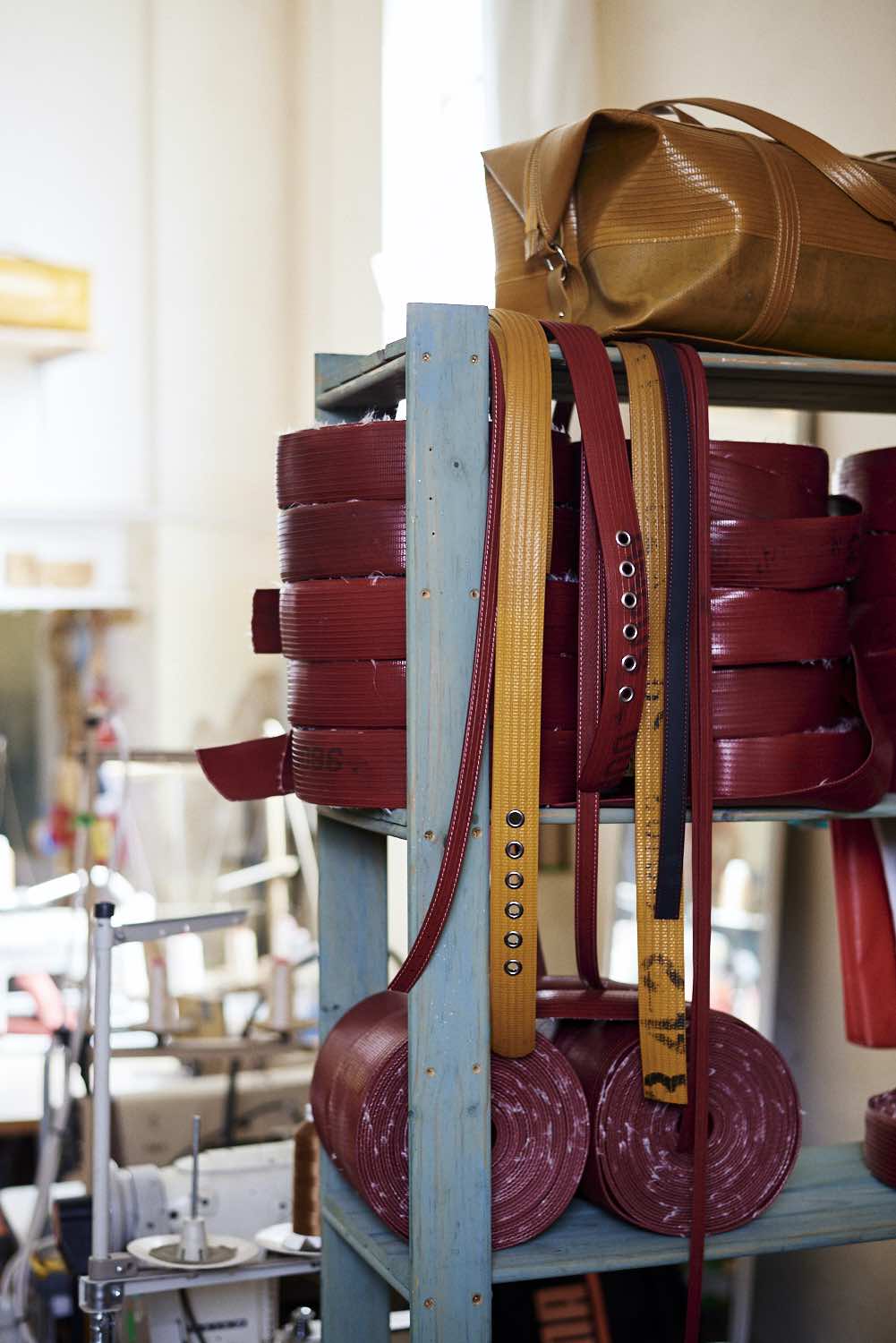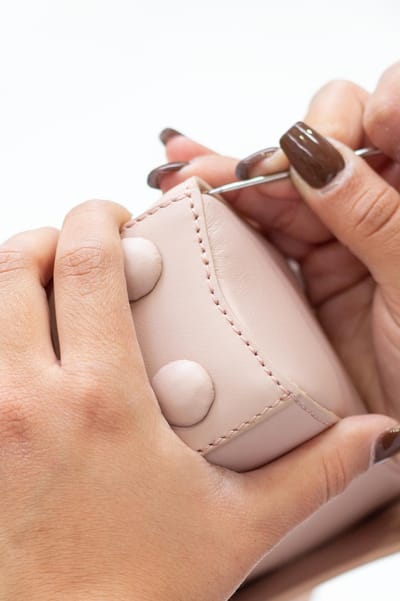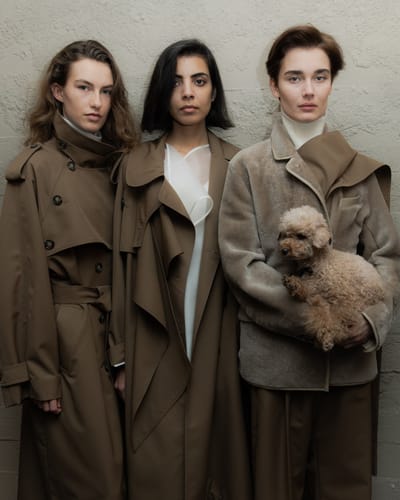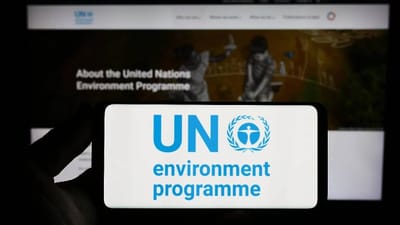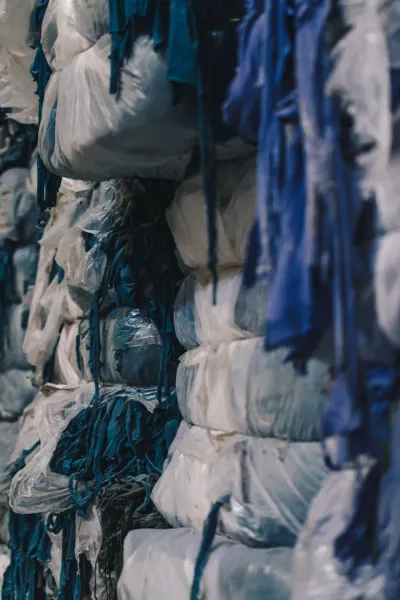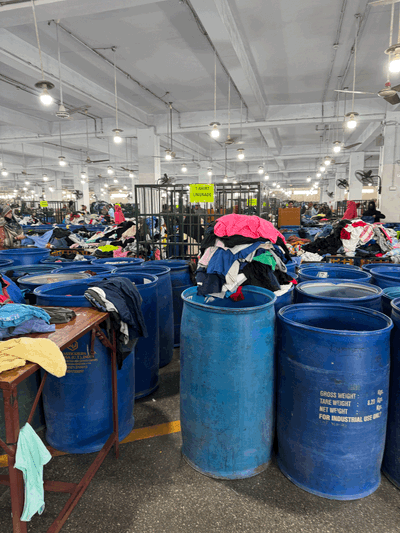In an age where sustainability is not just a buzzword but a necessity, Kresse Wesling, the visionary behind the eco-luxury brand Elvis & Kresse, offers a compelling perspective on the future of fashion and waste. Speaking at the Garden of Tomorrow Festival, Wesling shared her journey from rescuing London’s decommissioned fire hoses to reimagining luxury with waste materials.
"Most people thought we were mad when we started the brand," Wesling recalls with a smile. This bold step into the unknown began in 2005 after a chance encounter with the London Fire Brigade. Upon learning that old fire hoses were destined for landfill, Wesling and her partner, James “Elvis” Henrit, decided to repurpose these seemingly useless materials into high-end lifestyle products. Today, the brand has saved over 300 tonnes of material from the landfill, and their products are housed in prestigious places like the Victoria and Albert Museum.
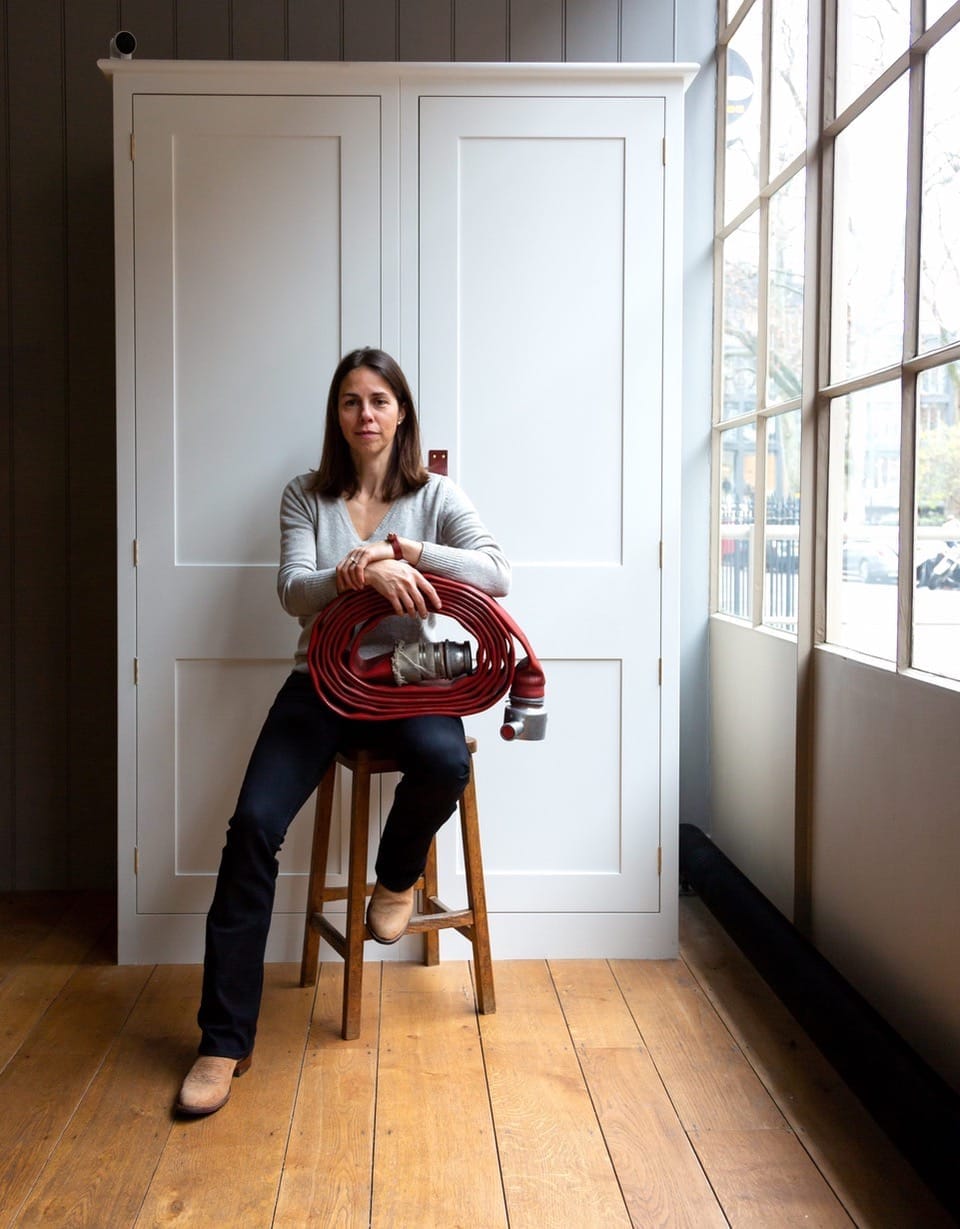
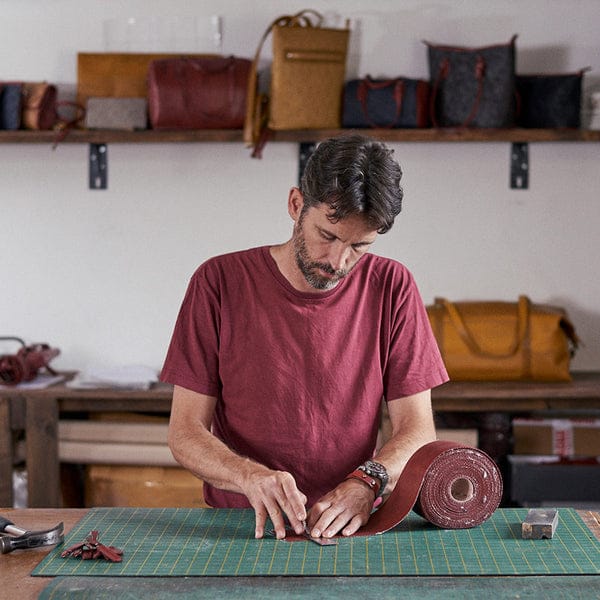
Kresse Wesling and James (Elvis) Henrit, founders of Elvis & Kresse.
The ethos behind Elvis & Kresse is as much about practical solutions as it is about making a statement. “Yes, you can make a handbag, but what does that say? Sometimes a handbag isn't only a handbag,” Wesling says, emphasising that each item crafted by the brand is imbued with a story of transformation and sustainability. This approach has seen the brand expand its rescue mission beyond fire hoses to include 15 different materials, demonstrating the vast potential for upcycling in various sectors.
One of Wesling’s core beliefs is that sustainability must be woven into the very fabric of a business model. “To be sustainable, everything you do has to be able to be maintained by the next generation,” she explains. This philosophy is evident in Elvis & Kresse's operations, where the team continuously assesses the long-term impact of their decisions. “We have the same discussions as other brands, but the last question we always ask is, ‘Will this be a good thing for the next generation’s grandchildren?’ If the answer is, ‘I don’t know,’ we don’t do it.”
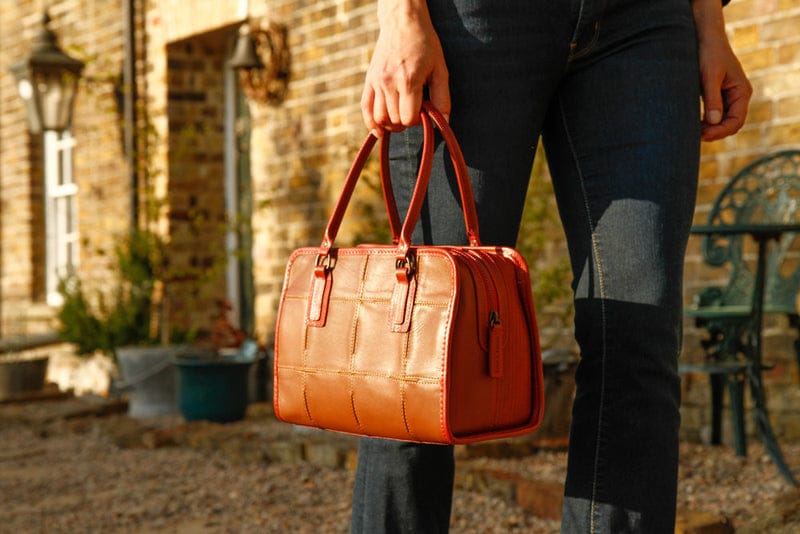
The brand’s commitment to sustainability is not without its challenges. At one point, Wesling had to decline an offer to repurpose 180,000 mattresses due to the impracticality of handling such a massive volume in their modest London flat. “If I can find one material to can fix, then people can trust me with other materials to fix,” she reflects, showcasing her pragmatic approach to scalability and trust-building within the industry.
Elvis & Kresse's journey has also highlighted the often-overlooked potential of discarded materials. Wesling points out that the industry discards around 800,000 tonnes of leather each year, which typically ends up in landfill. "It costs £410 to bury leather in landfill," she notes. “We can make £100,000 in profit if we make something out of that leather.” This stark contrast underscores the economic and environmental benefits of creative repurposing.
Living on their farm, a hub of regenerative agriculture and renewable energy projects, gives Wesling a daily reminder of the interconnectedness of all their initiatives. “Living at the farm and seeing everything with my own eyes every morning when I wake up is what makes me want to keep going,” she shares. This hands-on approach extends to their production practices as well. When faced with the need to build a new headquarters, the couple opted for straw bales over a quick-fix metal building, reinforcing their commitment to sustainable practices.
Wesling’s vision for scaling sustainable luxury lies in mass collaboration. “We need to take everything we know, educate other brands and have them work with us towards sustainable goals,” she advocates. This collaborative spirit is crucial in driving the industry-wide shift towards circular design, where products are created with their entire lifecycle in mind. “If people designed with nature in mind, all designs would be circular,” Wesling asserts, echoing her belief in a design philosophy that respects and mirrors natural systems.
Transparency, according to Wesling, is a non-negotiable element of a truly sustainable brand. “As soon as you find a brand that is not willing to answer a question, they have something to hide,” she warns. This ethos of openness is pivotal in building trust and accountability in an industry often criticised for its opacity.
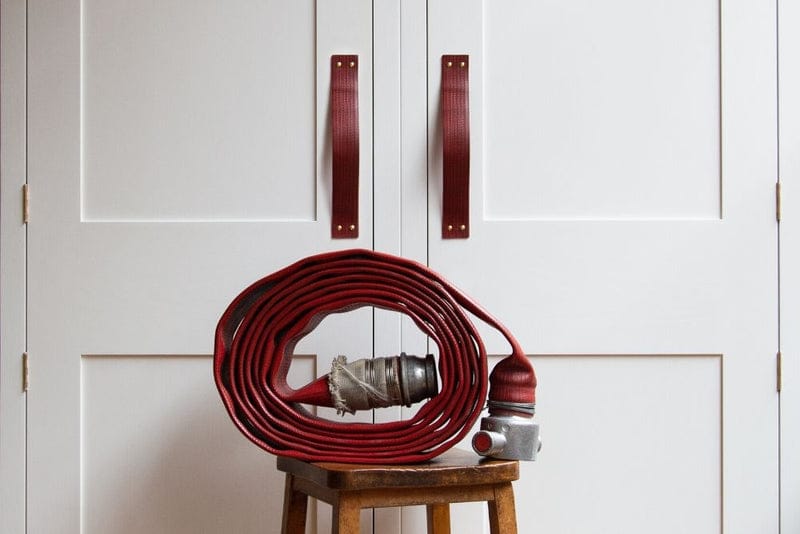
As Wesling continues to push boundaries and challenge conventional practices, her personal motto, “Do more, be better,” serves as a guiding principle. It encapsulates her relentless pursuit of improvement and her unwavering commitment to creating a world where sustainability is not an aspiration but a reality.
In a world facing a climate crisis, Kresse Wesling's journey with Elvis & Kresse is a powerful testament to the impact of innovation, collaboration, and a steadfast dedication to sustainability. Her story is a clarion call to rethink our approach to waste and to embrace the transformative potential of circular design.
Do you want to learn more about Elvis & Kresse? Read our previous feature with the brand here.

